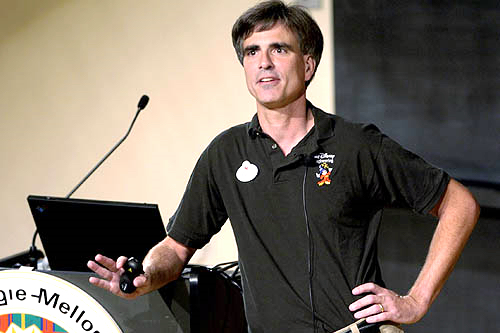That is the Question
|
I have written about the benefits that can be acquired due to the pain one experiences in life. The type of pain is not relevant; what is relevant is that pain has value if it is addressed. Hence, we are familiar with the phrase, no pain, no gain. Therefore, this essay is the result of pain. In the past decade, I have danced with death twice. Both of my dances involved emotional and physical pain. However, because I dealt with the pain, I gained. I am more alive today than I was back in the 60s during the civil rights movement. Dealing with my mortality caused me to live. I have updated my will and living will. Several years ago, I talked with my children about when I am not able to lead death as we dance what they wanted to do with my remains. I thought, if I were dead, I wouldn't care. Therefore, I wanted their feelings. My youngest daughter, Michelle, said "I don't want to remember you embalmed and lying in a casket." Therefore, I was okay with cremation. However, several weeks ago, I listened to NPR, which I do regularly. Terry Gross interviewed Thomas Laqueur, who had just written The Work of the Dead. 
Gross' interview with Thomas Laqueur was very good. Laqueur lead her through a brief history of burying the dead. He started with Greek antiquity, Christianity's use of the churchyard gravesites, the aftermath of the French Revolution, and America's creating new cities, which all contained cities of the dead, which were cemeteries. In passing, Laqueur said that he wanted to be cremated. This brings me up to present. I wrote the following email to my children regarding my future demise.
The attachment to my email contained seven items. All but #1 were names, addresses, and phone numbers of people or organizations that will need to address my death in some manner. Those items were just a neat way of getting all that data in one place, which will make it easier for them. Nonetheless, item #1 is critically important to me.
When I was into cremation, I mentioned throwing my ashes into the lake behind my house. Additionally, I had also thought that my ashes could be divided and distributed in Tibet, Scotland, and Myanmar. As I ponder those previous suggestions, I am not sure dividing my ashes up between those countries is really worth the effort. Neither of those countries nor would my family benefit from my ashes. Nonetheless, there remains a haunting question for me. How do I want to be remembered? I don't see the benefit of my ashes spread out someplace in Lhasa, Edinburgh, or Yangon or how my family members going to some gravesite or mausoleum a couple of times in their lives would benefit them either. That seems a real waste of time and effort. Since I will not be around to object to what my family decides, I suggested that I would feel better having my body used in a medical school like the U. of Chicago Medical School. The doctors at U. of C. saved my life; giving that university my mortal remains seems appropriate. It seems to me that my home is filled with memorabilia of mine that I have accumulated over the past seven decades. My children and grandchildren have seen my treasures and have heard endless stories about them. I'd rather them remember what was important to me and motivated me in life. So no grave is necessary. Divide up the photos and things among the family. They will remind you of what motivated me. Here are some of the treasures that I have accumulated over my life.
This is the audio of Terry Gross' interview with Thomas Laqueur.
Visit the On Seeing the Light page to read more about this topic.
Visit the Connecting the Dots page to read more about this topic.
Visit the My Hauntings page to read more about this topic.
Visit the Darkest Before Dawn page to read more about this topic.
Visit the The Last Lecture page to read more about this topic.
Visit the Dancing with Death page to read more about this topic.
Visit the Best and Worst of Times page to read more about this topic. 02/22/16 Follow @mountain_and_me |




















